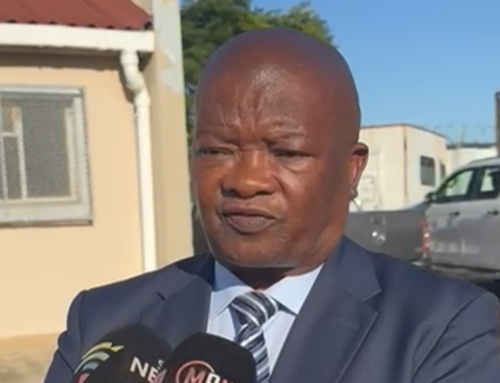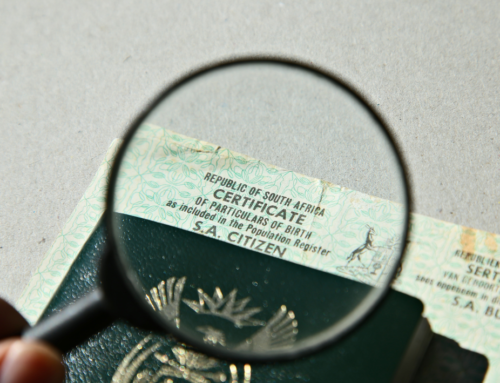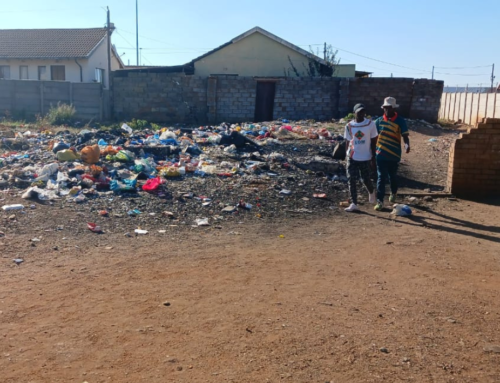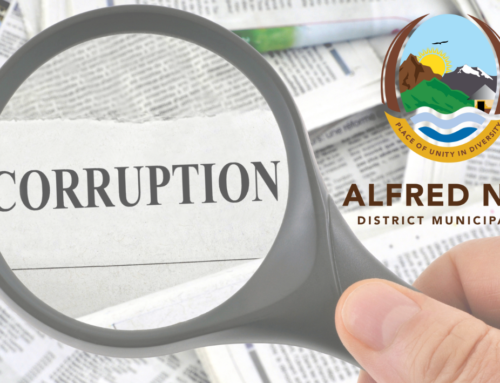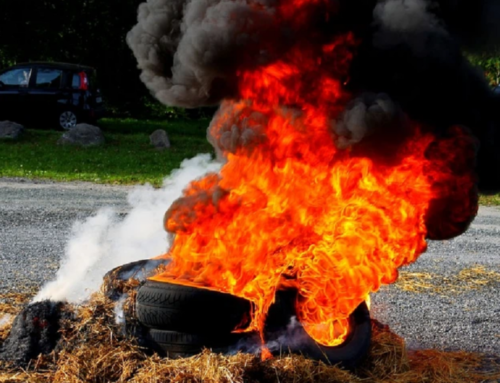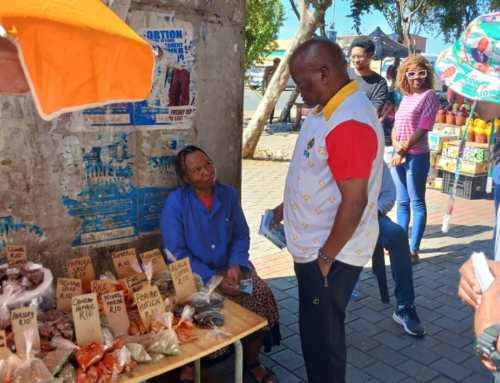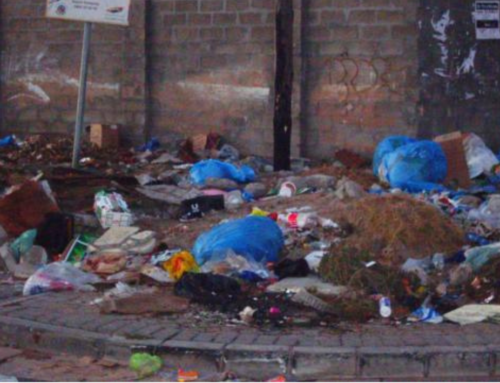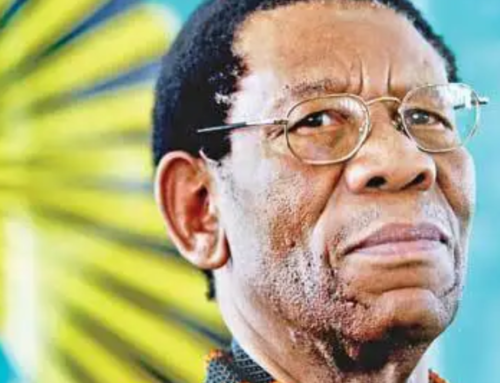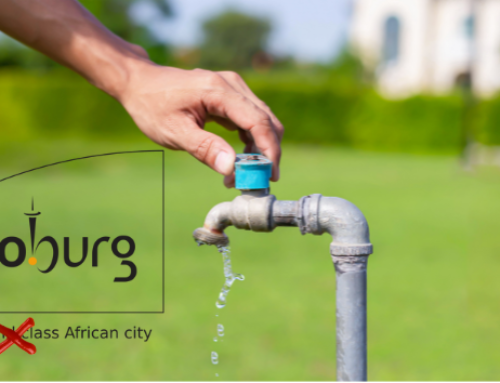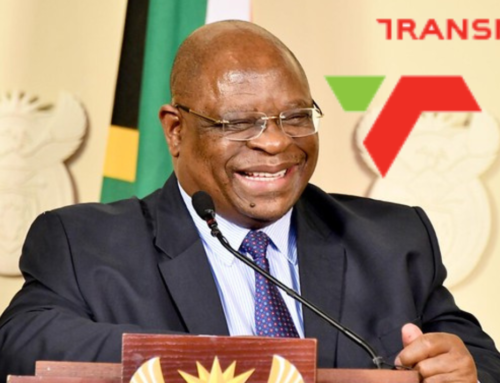• Members of the UDM’s National Executive Committee
• The party’s regional leaders
• Ladies and gentlemen
1. Welcome
I wish to thank you for the opportunity to address you today. It might be a little cold outside, but you are here and ready to participate. Also, thank you for sacrificing your time on a Sunday.
Despite South Africa’s challenges since political emancipation in 1994, we can all agree that we, as a nation, have made great strides in tolerance and acceptance.
We have a modern constitution that we should be proud of, which defines our nation’s character and our relationships with one-another.
Even though it’s not always plain sailing, we still work hard on the project of the new South Africa; and we do so every day.
2. Xenophobia in South Africa
Xenophobia in South Africa is not a new thing.
It’s a harsh truth and we have to stare it in the eyes, with a view to address it once and for all.
There are multiple sources for xenophobia, but in the United Democratic Movement’s (UDM) view the root of the problem lies in the unregulated and unfair competition for the poor’s meagre resources.
The dearth of housing and jobs are, for instance, part of this dynamic and complex situation.
Much of the blame is also to be laid at government’s feet.
To cite two examples:
• Firstly, one cannot help but feel that xenophobia in South Africa has a cyclical quality and that government’s perennial inattentiveness exacerbates the problem.
• Secondly, the impact of its inadequate control over the arrival of illegal immigrants, and lack of resettlement mechanisms, are not addressed.
3. Competition for meagre resources
Impoverished South Africans, are already scraping along to make a living in a harsh socio-economic environment.
For instance, the competition for shelter and housing is already tough in the South Africa of today.
To add to the complexity of the matter we have the issue of illegal occupation of housing by undocumented foreigners.
The owners of such houses, and other housing buildings such a flats, should be made to explain themselves, as they exploit undocumented immigrants and, by default, also deprive South Africans of safe havens.
The law must step in and these landlords must be brought to book.
A UDM government will create special units to be dispatched to identified hot spots.
Such units will comprise of purposely trained SAPS personnel, UN refugee experts, social workers and our local authorities, such home affairs.
In addition, embassies of affected countries, should be involved so that we can together find our way to address the problem through bilateral agreements and extradition treaties between South Africa and the relevant country.
4. Bringing crime to our shores: safety and security of the country
No-one will refute the fact that many non-South Africans find themselves within our borders due to them seeking asylum from war, genocide and persecution.
This is understandable and given this country’s past human rights record, we certainly have empathy with these desperate, downtrodden and homeless peoples.
But, we can agree that there are those who come to South Africa with wicked and criminal intent.
5. Drugs and human trafficking
Many of our cities’ streets are lined with foreign criminal cartels that sell drugs to communities that are already under social and financial stress.
Such people soon find themselves locked in the vicious cycle of addiction and its attending social ills.
This drug pandemic has also spread to our rural communities, especially with the idle and jobless youth who find income in drugs and escape from their poverty ridden lives.
These cartels are also responsible for trafficking humans and is active in the sex-trade. The absence of reliable statistics masks the truth about human trafficking in South Africa.
But anecdotal evidence suggests that poor South Africans are struck the worst.
As we understand it, many such foreign traffickers evade prosecution because there is no law that criminalises human trafficking. This is something the UDM will raise awareness of in the new term of Parliament.
Despite us appreciating the plight of illegal immigrants in South Africa, we can never sacrifice our safety and security.
I have travelled the length and breadth of South African on my campaign trial over the past few weeks.
There was a clarion call from our people (whether they live in rural or urban areas) that our security agencies are failing to stamp out crime where illegal immigrants are involved.
During my interaction with them, the frustration was palpable. They say that even though they report such criminal elements to the police, nothing is done.
There are also allegations that the police are in cahoots with the foreign criminals and that they are bribed to turn a blind eye and that they share in the spoils.
A UDM government will definitely pay attention to these ills in an effort to rid South Africa from the foreign criminal elements within our borders.
6. Capital outflow
Capital outflow to Europe, Asia and other countries on the continent needs to be addressed as leads to a disappearance of wealth and a sabotage of our economy.
A UDM government will reconsider the laws, rules and regulations on this score and make them water tight.
7. Conclusion
The UDM is a party that promotes a culture of tolerance and understanding.
And, I wish to assure everyone that a UDM government will handle illegal immigration in a humane and holistic manner in line with our continental and international obligations.
We urge the undocumented immigrants to come to the fore so that they may be registered.
Finally, we must recognise that legal immigrants contribute immensely to our society and our economy. We are home to, for instance, educators who teach our youth and do valuable research and development on the academic front.
The UDM believes that xenophobia has no place in our society, but we must also be cognisant of our responsibilities to our own people.
It is possible for both these directives to work in harmony.
Thank you






